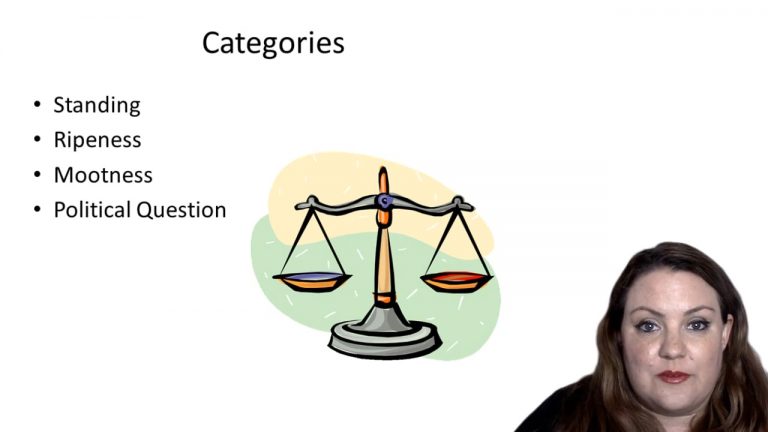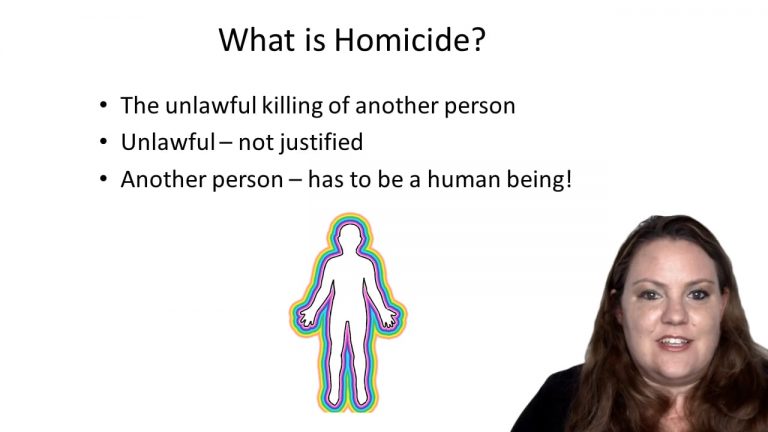SmartBrief
Confirm favorite deletion?
Criminal Law Keyed to Gershowitz
Atkins v. Virginia
Citation:
536 U.S. 304, 122 S.Ct. 2242, 153 L.Ed.2d 335.
ProfessorScott Caron
CaseCast™ – "What you need to know"
Facts
The petitioner was convicted of several crimes arising from a night in which he, along with someone else, abducted, robbed, and killed a man. At his sentencing hearing, a forensic psychologist who had evaluated the petitioner before trial testified that he was “mildly mentally retarded.” This conclusion was based on interviews with people who knew the petitioner, a review of school and court records, and the administration of a standard intelligence test which indicated that the petitioner had a full scale IQ of 59. The jury sentenced him to death.
The Virginia Supreme Court ordered a second sentencing hearing, and the death sentence was affirmed. He appealed, arguing that his death sentence is a cruel and unusual punishment, in violation of the Eighth Amendment, due to his intellectually disability.
Only StudyBuddy Pro offers the complete Case Brief Anatomy*
Access the most important case brief elements for optimal case understanding.
*Case Brief Anatomy includes: Brief Prologue, Complete Case Brief, Brief Epilogue
- The Brief Prologue provides necessary case brief introductory information and includes:
Topic:
Identifies the topic of law and where this case fits within your course outline.Parties:
Identifies the cast of characters involved in the case.Procedural Posture & History:
Shares the case history with how lower courts have ruled on the matter.Case Key Terms, Acts, Doctrines, etc.:
A case specific Legal Term Dictionary.Case Doctrines, Acts, Statutes, Amendments and Treatises:
Identifies and Defines Legal Authority used in this case.
- The Case Brief is the complete case summarized and authored in the traditional Law School I.R.A.C. format. The Pro case brief includes:
Brief Facts:
A Synopsis of the Facts of the case.Rule of Law:
Identifies the Legal Principle the Court used in deciding the case.Facts:
What are the factual circumstances that gave rise to the civil or criminal case? What is the relationship of the Parties that are involved in the case.Issue(s):
Lists the Questions of Law that are raised by the Facts of the case.Holding:
Shares the Court's answer to the legal questions raised in the issue.Concurring / Dissenting Opinions:
Includes valuable concurring or dissenting opinions and their key points.Reasoning and Analysis:
Identifies the chain of argument(s) which led the judges to rule as they did.
- The Brief Prologue closes the case brief with important forward-looking discussion and includes:
Policy:
Identifies the Policy if any that has been established by the case.Court Direction:
Shares where the Court went from here for this case.
Topic Resources
Topic Videos
 14m 30s
14m 30s 9m 36s
9m 36sTopic Outline
Topic Refresher Course
Topic Charts & Notes

